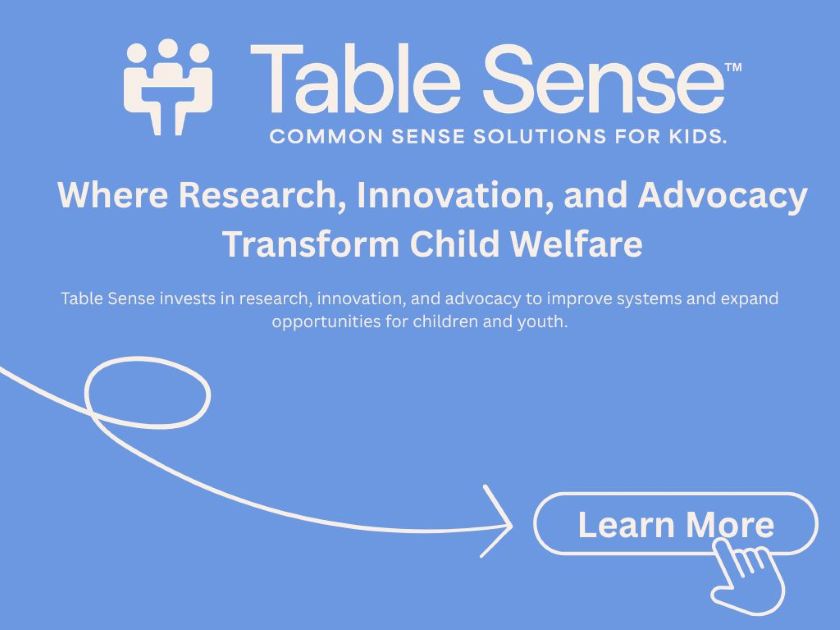As people call for businesses to operate with greater consideration of their impacts on all stakeholders, social enterprises have been on the rise. People looking to launch their own social enterprise and join the impact economy should seek out advice from others in the space. We asked experts at 10 top social impact incubators, accelerators, and venture capital funds for their best insights and advice for new social enterprise startups. Here are their secrets to success.
Our Panelists
- Sean Kuusinen, Director of Accelerators, Unreasonable Institute
- Ben Simmons-Telep, Director Of Programs, reSET Social Enterprise Trust
- Courtney Klein, Co-founder and CEO, SEED SPOT
- Cassandra Staff, Chief Operations Officer & Pamela Roussos, Chief Innovation Officer, Miller Center for Social Entrepreneurship
- Jessica Meyer, Founder, The Pack
- Risa Blumlein, Director of Many Things, Social Venture Network
- Wes Selke, Managing Director, Better Ventures
- Robin Klemm, Executive Director, XXcelerate Fund
- Jeff Cherry, Executive Director, Conscious Venture Lab
- Erica Lock, Director of Fellowship Programs, Echoing Green
The Questions
What’s the most common mistake that you see social enterprise startups make as they scale?
Courtney Klein: Losing their core values; leaning toward investor demands instead of staying true to their core.
Pamela Roussos: Not focusing on the unsexy parts of the business. Operations and finance aren’t sexy, yet they are critical when an organization is scaling. They are the foundation on which your business is built; if there are cracks or problems, the substructure can collapse, bringing your business with it. These fundamentals can’t be considered an afterthought.
Wes Selke: Not fully proving product–market fit.
Jeff Cherry: Believing the mission itself is sufficient to go from start to scale. The mission won’t pull you through tough times for long if you haven’t built a culture, truly articulated a purpose, put in a baseline of stakeholder-management systems, and identified the leadership traits you want displayed in your organization.
In our previous lives as management consultants, some, if not most, of the not-for-profits we worked with — which are doing amazing and life-changing work — have also been miserable places to be an employee or partner. This is primarily because they were so focused on those the mission primarily served that they neglected all other stakeholders. It turns out that a myopic focus or overemphasis on the “product” is simply another form of single-stakeholder centricity. It’s not shareholder centricity, but it can be just as dangerous.
Robin Klemm: Even the very best idea, product, or service does not sell itself. Careful and thoughtful consideration of the sales cycle is a must. How does one efficiently and effectively reach the right audience, with the right message, in a timely manner?
What are the most common indicators that a social enterprise will successfully scale beyond a startup?
Courtney Klein: The company being deeply committed to solving the problem rather than being deeply committed to their solution. The solution may change 10 or more times before it really scales. The founders who are committed to solving the problem can work through those iterations, whereas the teams that fall in love with their solution without recognizing it may not be the best one tend to fail.
Ben Simmons-Telep: The quality of the market potential — i.e., is the problem that the business is solving significant? Are there enough people who have that particular problem and would purchase a solution to make the production of it viable? Businesses that successfully scale must rely on their ability to deliver value through some repeatable and marginally less expensive model to a much larger market.
Cassandra Staff: Capital is critical. In order to raise that investment capital, entrepreneurs need to have what we call a “justifiable ask” that includes details about how much funding is needed and in what form of capital, the use of the proceeds, and the return on investment. Having the right details that showcase the potential of the organization’s mission and its ability to execute towards that vision articulated in a clear and compelling story is essential. Additionally, investors want to see audited financial statements, operating budgets and financial projections, tax returns, legal documentation, and the like.
Jeff Cherry: Obviously, a company needs to be solving a problem that lots of people have and lots of people care about. This is the “ticket to the dance,” if you will. However, all things being equal, the quality of the leadership team—not the management team, but the leadership team — is the most important thing. Their ability to engage others in their success, disagree without falling apart, and pivot towards new ideas is the single biggest indicator of companies that can go from start to scale. Understanding the resilience that is going to be required and being a team of true leaders who will “keep going through hell,” to paraphrase Winston Churchill, is a tremendous indicator of a business that can scale.
What advice do you wish every startup founder could hear?
Sean Kuusinen: Spend more time with your customers than you think you should.
Courtney Klein: Listen to the customer. As in, really listen.
Ben Simmons-Telep: Listen to your customers and give them what they want, not what you think they need.
Jessica Meyer: Put yourself first and the business second. Too many entrepreneurs suffer from depression, anxiety, substance abuse, and mental exhaustion. Of course you care about achieving your goals and building your vision, but what’s it all worth if the journey is traumatic and damaging?
Risa Blumlein: Win–win mechanisms are the future of business. Build at least one into your business model.
Wes Selke: Focus, focus, focus. When you’re getting started, you don’t have the time or the resources for tackling all of the many opportunities that will surface. Identify one customer need, solve it, solve it consistently, make the economics work, get that win, and then you can look to the next mountain you want to climb.
Pamela Roussos: Make sure the company you’re creating is a painkiller and not a vitamin (i.e., make sure the problem you’re solving is a real problem with lots of pain).
Jeff Cherry: Entrepreneurs focus so myopically on valuation when they are attempting to raise money that many of them doom their businesses before they even get started. They seem to forget that a small piece of a massive pie is better than all of a tiny pie. Generally, if you are dealing with a reputable venture capitalist or angel investor, they don’t want to steal your company, they just want to be compensated for their own perceived risk. Many founders will have a valuation in mind that they can’t defend in any way other than “that’s what I think it should be worth,” and then they pressure investors over a few percentage points that no one’s going to care about in the long run.
Robin Klemm: Don’t re-invent the wheel. Each and every step of your path has been trod by others, at a different time, in a different place, for a different reason. Reach out — constantly — to gain the wisdom of others.
Erica Lock: It may sound trite, but know thyself. It’s so important to have a deep connection to the work you’re doing. No matter how you got started, what will keep you going is your unwavering commitment to the mission or the population served. Social entrepreneurship is not only hard — often, it’s lonely. Alongside seeking out a community of support, the ability to draw upon internal motivation helps to sustain you. Have a written purpose statement that isn’t a truism (like “women’s rights are human rights”) but rather something more uniquely personal. Your purpose statement is your North Star and, at least for the first few years, one of your opening lines when you pitch your idea (personal = memorable).
What myth or misconception about starting a social enterprise do you wish you could banish or set straight?
Jessica Meyer: People think you have to be saving the whole world in order to be mission-driven, but in reality taking on one small challenge you see in your community is enough.
Ben Simmons-Telep: That having a mission somehow fundamentally compromises the viability or profitability of the business. Truly successful mission-driven businesses should be profitable and sustainable, which will enable them to generate impact. There shouldn’t be a tradeoff, and there doesn’t need to be.
Risa Blumlein: That impact can be achieved without profit. Someone always pays in the end. If it’s not your customers (via earned income) or your funders (via contributed income), it will be your employees (via lower wages) or you (via bootstrapping).
Robin Klemm: Because you are “doing good,” the world should or will beat a path to your door. Unfortunately, it’s usually the other way around. Because you are “doing good” the world is more skeptical: why hasn’t this been done before?
Erica Lock: People aren’t always trying to steal your idea. Be open to sharing and soliciting feedback in the ideation phase. You need as many perspectives as possible. Judgment is good, but constructive feedback is better. Sure, you need thick skin to withstand and absorb critique, but doing that gets easier and builds your confidence in your proposal. Feedback also prepares you for fundraising, where you’ll hear the word “no” more than I say it to my toddler on a daily basis.





